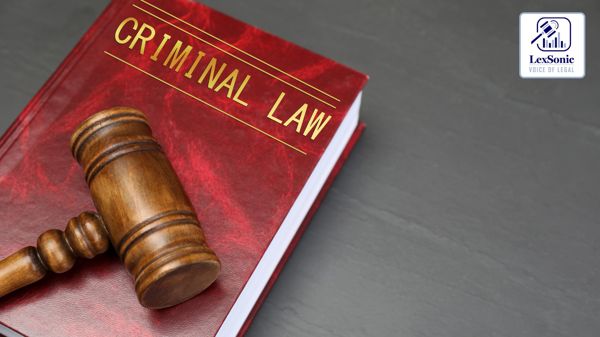In a recent ruling of Urmila Devi & Others v/s Balram & Another, the Supreme Court of India quashed a criminal complaint that had been pending for over two decades, highlighting a growing concern about the misuse of criminal proceedings to settle civil disputes. The case, which centered on a property dispute, was initially filed under sections of the Indian Penal Code (IPC) related to cheating and forgery. However, the Supreme Court found that the allegations did not meet the basic requirements of a criminal offense, and the complaint was, in fact, a "circuitous tool to abuse the process of law." This decision serves as a powerful reminder of the judiciary's role in protecting individuals from harassment and ensuring that the criminal justice system is not weaponized for personal gain.
The Factual Background:
The dispute began with a property will executed by a man named Ram Baksh Dubey in 1993. Apprehensive that his third son, Ashish Kumar, would squander his estate due to his drinking problem, Dubey bequeathed all his movable and immovable property to his four daughters-in-law, who were the wives of his four sons. Dubey passed away shortly after.
However, just a few months after his father's death, Ashish Kumar sold his share of the inherited property to a man named Balram. Subsequently, the daughters-in-law, unaware of the sale, filed for mutation (the process of transferring ownership in land records) based on the will. A mutation order was passed in their favor in 1994. Balram, the buyer, filed objections to this order, but they were eventually rejected for "non-prosecution," meaning he failed to follow up on them.
The daughters-in-law then filed a civil suit seeking a permanent injunction against Balram to prevent him from interfering with their possession of the land. In response, Balram filed a criminal complaint in 2001, seven years after the initial mutation order, alleging that the will was a forgery. He claimed that the daughters-in-law conspired with one of the other sons, Chandra Prakash, to fabricate the will after Dubey's death.
The complaint was registered under several sections of the IPC, including:
Section 419: Punishment for cheating by personation.
Section 420: Cheating and dishonestly inducing the delivery of property.
Section 467: Forgery of valuable security, will, etc.
Section 468: Forgery for the purpose of cheating.
Section 471: Using a forged document as genuine.
The High Court of Allahabad dismissed the daughters-in-law's application to quash the complaint, stating that the allegations, if true, would satisfy the ingredients of the alleged offenses and that the veracity of the will was a matter for trial. This led the daughters-in-law to appeal to the Supreme Court.
The Supreme Court's Analysis:
The Supreme Court, after a thorough review of the case, found that the criminal proceedings were a clear example of an "abuse of the process of law." The Court referenced its landmark judgment in State of Haryana v. Bhajan Lal to establish that a complaint should be quashed when the allegations, even if taken at face value, do not constitute a prima facie case against the accused.
The Court meticulously examined each of the alleged offenses and concluded that none of them could be sustained. It reasoned that the daughters-in-law were merely the beneficiaries (legatees) of the will and did not engage in any impersonation or dishonest inducement to deliver property. The core of the dispute was the validity of the will and the subsequent sale deed, which are matters of civil law.
A key factor in the Supreme Court's decision was the chronology of events. The criminal complaint was filed long after Balram failed to challenge the mutation order and his own objections were rejected. This delay, coupled with his failure to pursue other legal remedies, suggested that the criminal proceedings were instituted with an "ulterior motive" to pressure the accused and were essentially a "veiled object behind a lame prosecution."
The Precedent and the Outcome:
The Supreme Court relied on several prior judgments, including Inder Mohan Goswami v. State of Uttaranchal and Madhavrao Jiwajirao Scindia v. Sambhajirao Chandrojirao Angre, which held that criminal prosecution should not be used as an instrument of harassment or for seeking private vendetta. The Court emphasized that courts must be vigilant in preventing the criminal justice system from becoming a tool for achieving oblique motives.
The bench concluded that the case was "just another one in a string of cases filed in recent years that seek to disguise a civil dispute as criminal." Consequently, the Court set aside the High Court's order and quashed the criminal complaint, bringing an end to a two-decade-long ordeal. The ruling, however, clarified that its observations would not have any bearing on any pending civil proceedings between the parties, thereby preserving the possibility of the dispute being resolved through the appropriate legal channel.
This judgment reinforces a crucial principle: while the law provides avenues for both civil and criminal recourse, they are not interchangeable. The criminal justice system is intended to address genuine crimes and should not be a substitute for resolving civil disagreements, particularly those involving property and contracts.
Indian Penal Code, 1860

